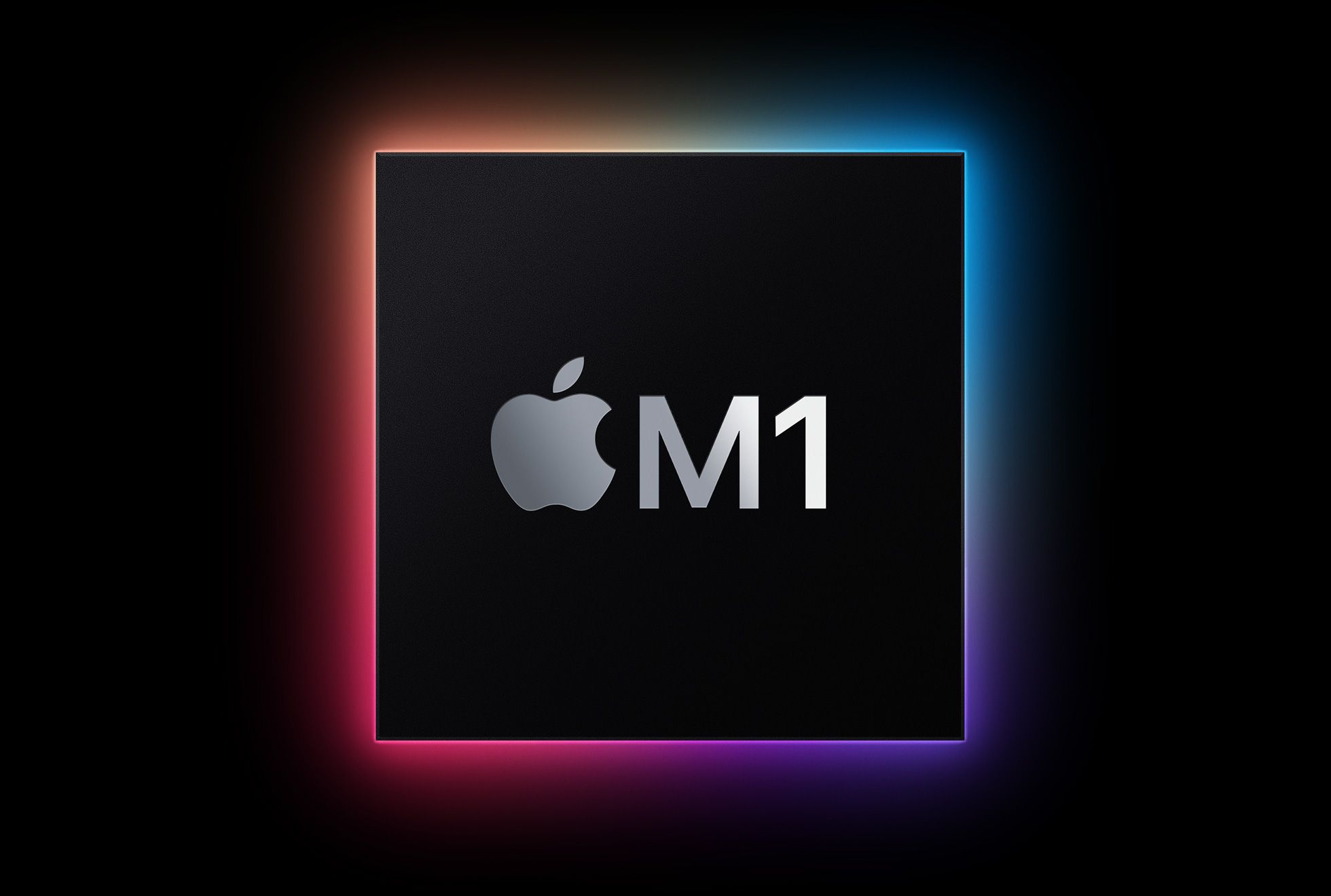Yes, and you could say the same for Apple continuously making new products every year. Having us buy new equipment means we are going to be wasting more resources (yet again) and let some of our older gear go into landfill (if they don't get recycled). But then again that applies to the IT industry as a whole, not just Intel or Apple.
Don't get me wrong, I do sometimes wish Intel chips were as efficient as Apple Silicon. But it would help users like us more so if they'd allow user upgrades such as replacing the internal SSD/RAM as well as maintain platform OS support for a little longer. Aside from the price, at the moment I don't personally find Apple products as attractive as they used to be because of the restrictions they've imposed since 2017 with the soldered RAM and proprietary SSD. The other thing I don't like is the lack of ability to make an exact copy of an M1/Mac Studio boot drive in case things go awry. It may be fast and efficient but it's expensive.
The decision on whether or not to keep buying new hardware falls on the customers. As a business, Apple is doing what they
must in constantly updating and improving. It is the customers who fill the landfills, not Apple.
From an environmental perspective, isn't more damaging to socket everything? Instead of putting all those plastic DIMM slots on the logic board and there's also the boards that RAM is soldered to on DIMMs, why not just solder the RAM directly? Wouldn't the landfills get filled up faster if everyone pulled their 8GB DIMMs and replaced them with 16GB DIMMs? Use of all these sockets would also add to thickness of laptops and iMacs which means the use of more raw materials (i.e. aluminum).
From a technological perspective, I don't know if it's even possible to socket RAM on Apple Silicon because of the Unified Memory. How much latency would that add? Also, RAM upgrades are technically possible.
Technicians in China have reportedly succeeded in upgrading the memory and storage of the M1 chip, suggesting that Apple's integrated custom...

www.macrumors.com
From a security perspective, having the SSD controller on the Apple Silicon SoC means that pulling the SSD modules out of an Apple Silicon Mac and putting it in to another Apple Silicon Mac will result in unreadable data. Also, technically, upgrading the SSD is possible.
We’ve got storage answers, and heat sink details, and a quick look at the Studio Display, this teardown is chock full of fun.

www.ifixit.com

Both RAM and SSD are upgradeable. Users just need to acquire the skills to do it.
If you want to talk about artificial upgrade blocks, why can't users with Z270 motherboards upgrade to i7-8700K or i9-9900K? They all use LGA1151...
From a monetary perspective, Apple has never been the cheapest option. Remember how much the Lisa cost? Sure, I'd love if their products are super cheap. Who wouldn't? But I went Apple years ago because I felt it was the better alternative. I still feel like it's the better alternative. If cost were my primary criteria, I have plenty of options but I choose to stick to macOS.



